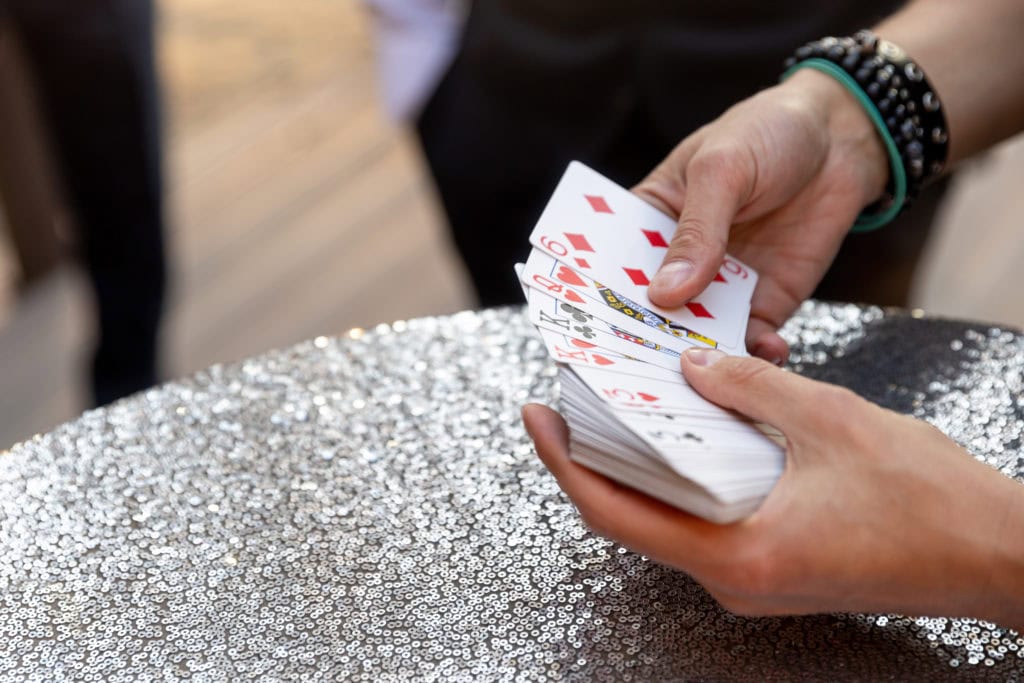Top Rated Criminal Lawyers | Call Us 24/7 AT (416) 658-1818

Card counting is a strategy used in casino card games. The Ontario Court of Justice has ruled that it is not cheating, and therefore not illegal. The goal of this strategy is to figure out whether the next hand will be favourable to the counter or the dealer. It allows the counters to bet more with less risk when the count is determined to be an advantage. Conversely, it minimizes the losses of the counter where an unfavourable count is determined. The counter uses the observation during the game to assess the probability of a card.
In 1995, in R v Zalis, Christopher Zalis, Barbara Josephine Dancey, and Karen Fraser Conroy were charged with the offence of cheating while playing blackjack at a Casino in Windsor on May 28, 1994.
These individuals were charged under section 209 of the Criminal Code. This section states that everyone who, with the intent to defraud any person, cheats while playing a game or in holding the stakes for a game or in betting is guilty of an indictable offence and liable to imprisonment for a term not exceeding two years.
The Supreme Court of Canada in R v McGarey stipulated this provision is invoked when there is some fraud or ill practice that employs an unlawful device in the act of playing the game. Cheating involves altering the nature of the game or the criteria for winning. However, gifted gamers who increase the odds in their favour by card counting are not classified as cheating. If the gamer uses resorting or mirrors, electronic equipment, magnets, or other tools and devices that manipulate the play of the game to amplify winning prospects, that would be considered cheating under the Criminal Code.
The accused in the case, Zalis, Dancey, and Conroy were part of a gambling team that set strict admission criteria. Every team member was required to operate covertly by obscuring their identity and purpose. These members had to pass proficiency tests in card counting and even undertake a lie detector test. They were following protocols as per their team manual found in their hotel.
The Crown admitted in this case that card counting does not constitute cheating. However, they argued that the accused were concealing their identity by camouflaging their identities. The court held that the accused did nothing to alter the character or the way the game was played. Instead, they were merely trained professionals outmanoeuvring dealer weaknesses. The benefits the accused found were not due to any physical act or dishonest behaviour influencing the arrangement of the cards. Their edge came from their finely honed skill applied to a risky venture. Consequently, the charges against the accused were absolved.
The court also maintained that rules allow casinos to take actions against card-counters and stop them from playing. It does not, however, categorize card-counting scenarios as a criminal offence of cheating.
If, nevertheless, someone has been charged with an offence of cheating under the Criminal Code, their best course of action is to hire an experienced criminal defence lawyer. The potential penalty for this kind of offence can go up to two years' imprisonment.